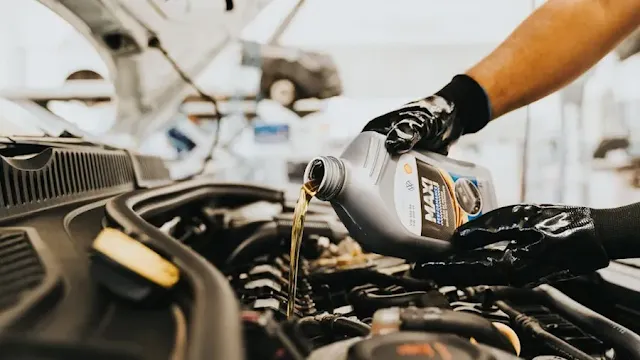Table of Contents
Do Engine Oil Brands Differ?
Engine oil brands vary in quality, additives, and performance. Formulations include unique base oils and additives, impacting longevity, engine protection, and efficiency. Certifications from the American Petroleum Institute (API) or Society of Automotive Engineers (SAE) indicate quality. Premium brands often offer advanced additive packages for better wear protection and suitability for specific climates or engines, such as high-performance or cold-weather vehicles.

Why Oil Choice Matters
Choosing the right engine oil is critical for engine health. Incorrect oil can cause poor lubrication, increased wear, and costly repairs. Quality oil reduces friction, dissipates heat, prevents corrosion, and cleans sludge. For example, a 2024 Consumer Reports study found that high-quality oils can extend engine life by up to 20%. Always follow your vehicle’s manual for recommended oil specifications to ensure optimal performance.
How Oil Types Impact Performance
Different motor oils, such as synthetic, conventional, or blends, affect performance. Viscosity grades (e.g., 5W-30) determine flow at cold and high temperatures. Synthetic oils offer superior stability, longer life, and better performance in extreme conditions, making them ideal for modern or high-performance engines. Conventional oils are cheaper but less durable. Choosing the right type enhances fuel efficiency and engine protection.
Is Oil the Same for Every Car?
Engine oil is not universal. Vehicle manufacturers specify oil types based on engine design, operating conditions, and fuel type (gasoline or diesel). For instance, turbocharged or high-performance engines often require synthetic oils, while older models may use conventional. Check your owner’s manual for viscosity and API/SAE certifications to match your car’s needs, ensuring longevity and safety.
Frequently Asked Questions
Does engine oil brand really matter?
Yes, brands differ in additives and quality. Premium brands with API/SAE certifications offer better protection and performance.
Can I use any oil in my car?
No, use oil specified in your vehicle’s manual to match engine design and conditions for optimal performance.
Is synthetic oil worth the cost?
Synthetic oil lasts longer, performs better in extreme conditions, and extends engine life, making it worth the cost for many vehicles.
How often should I change my engine oil?
Change oil every 5,000-7,500 miles or as recommended in your owner’s manual, depending on oil type and driving conditions.




